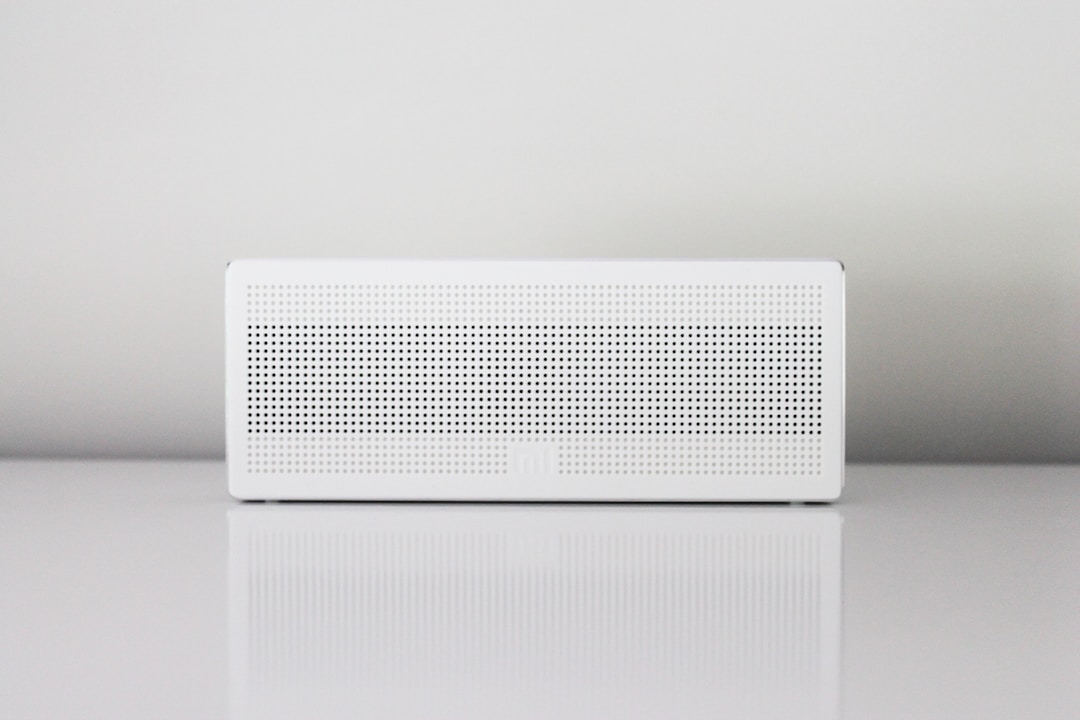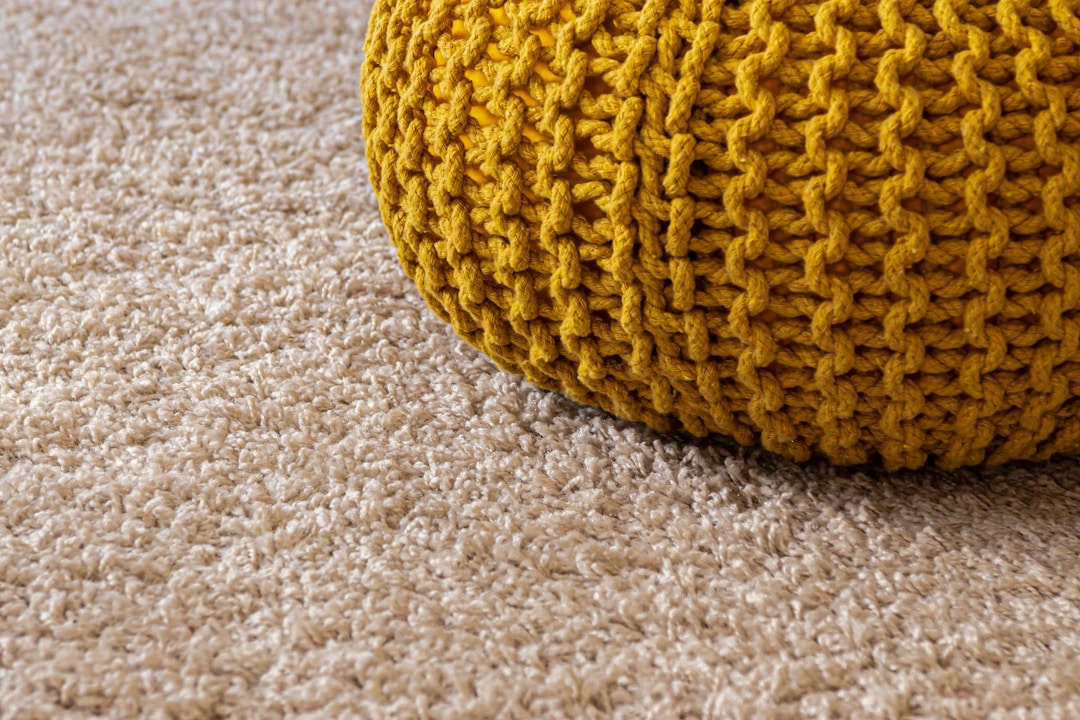
Air quality plays a decisive role in the well-being and the physical and mental performance of the person. We spend up to two-thirds of the day in closed rooms, and this shows how vital an excellent indoor climate really is. What measures can you take to improve the indoor environment at home or in the office? This article offers a few usual ways to improve air quality and minimize pollution in your home, office, or any indoor space you may find yourself in.
1. Use an air purifier.

Carbon monoxide from gas stoves, mold, central heating systems, tobacco smoke, and volatile organic compounds (VOCs) (e.g., pesticides, disinfectants, paint, and air fresheners) all contribute to poor indoor air quality. One quick and efficient way to improve air quality in your space is with the use of air purifiers.
An air purifier, also known as an air cleaner, works to remove toxins from the air in an indoor setting. Such a device is very handy for asthma and allergy sufferers, as it works well to purify the air and reduce health risks associated with air pollution. It can also help reduce the amount of tobacco smoke in the air and might also work to eradicate stale air. Although very effective, it’s advisable to grab a few and position them at vantage points in your home. They’re suitable for all rooms in the house, including the bedroom, kitchen, bathroom, family room, and more.
Reports from the U.S. Environmental Protection Agency (EPA) suggest that aside from the hand-made purifiers, you could also use specific houseplants like English Ivy, peace lilies, rubber plants, and Chinese evergreen to help naturally detoxify the air. If you happen to live in an apartment with poor ventilation and experience health problems, you could research what is redundancy insurance and issue a claim if you qualify. You could also demand that the building owner renovate and make room for proper ventilation.
2. Increase ventilation.

The less fresh air in your home, the more stale or stagnant the indoor air becomes. Worse yet, shutting doors and windows all the time makes it impossible for air to move in and out of your room freely. This means that toxic substances that remain in the air are recycled. You’ll be breathing the same air over and over again. It would be best to open the windows regularly to let those allergens and toxins out, in order to improve your indoor air quality, which ultimately helps your overall health.
Even during the cold season, occasionally open your windows and turn on window fans to allow fresh air in. However, if you live by a busy road or close to the highway, you might want to avoid opening your windows during rush hours. No doubt, the number of toxin emissions from cars in traffic could be detrimental to your health.
3. Regularly clean your carpets and rugs.

While rugs and carpets beautify your home and improve comfort, maintaining them should be as important to you as walking, sitting, or lying on them. Carpets and rugs trap dust and other particles in their thick fibers. These trapped materials can be inhaled and could cause significant problems, especially if you have toddlers around.
It’s important that you diligently clean your rugs and carpets as often as you can, possibly every week. This way, you’ll not only have clean and fresh rugs and carpets all the time, you’ll also be saving your household from potential air pollution. You can do the same for furnishings made of fabrics that trap dust and particles.
Ultimately, bad air quality can trigger various health conditions like shortness of breath, sinus congestion, and coughing. For your health to be in tip-top condition, your home must be well ventilated. The above-listed tips will help.